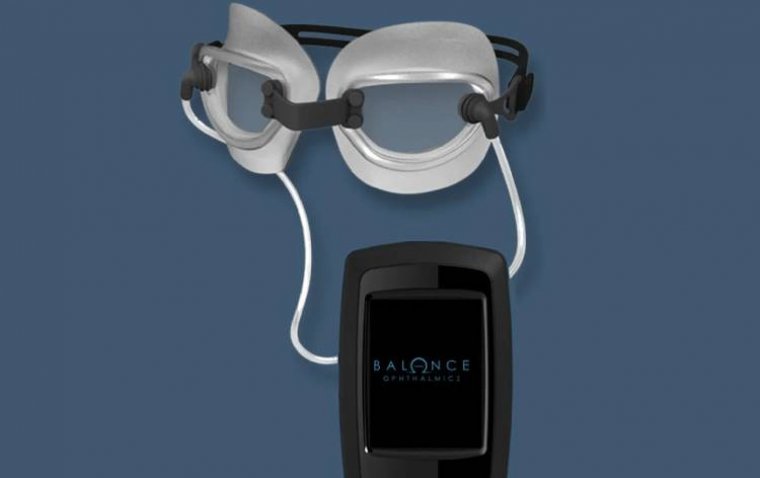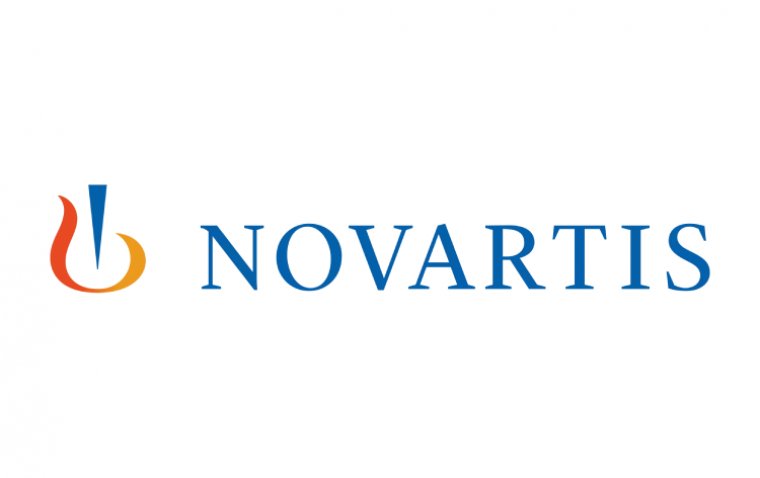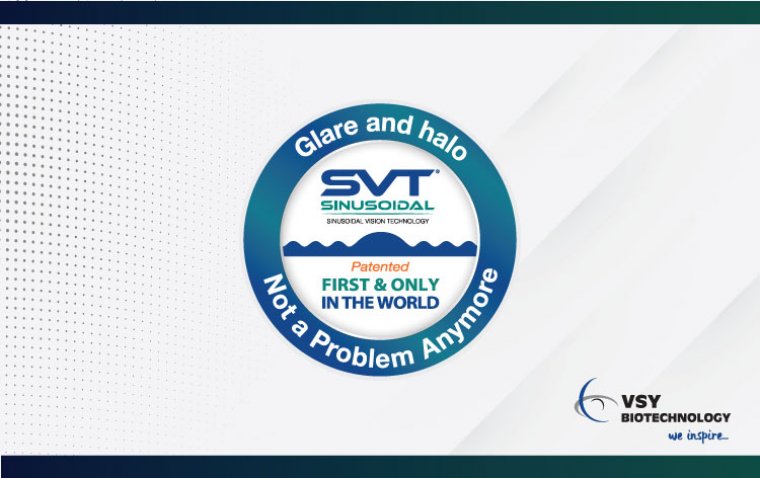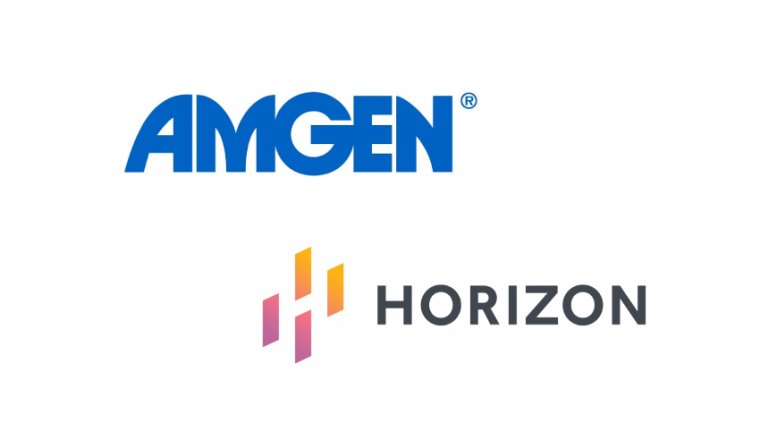
Oculogenex to Test Novel Gene Therapy for AMD in Space
Oculogenex, Inc. has introduced a pioneering gene therapy aimed at treating age-related macular degeneration (AMD), set for a novel test on the International Space Station (ISS) via SpaceX’s 30th Commercial Resupply Services mission with NASA.
The mission’s objective is to explore new possibilities for treating vision loss using this advanced ocular gene therapy. Preliminary experiments on Earth have showcased the therapy's efficacy in countering retinal damage in models of retinal degeneration, suggesting its potential to halt the advance toward severe AMD. However, these models fall short of accurately simulating the milder, chronic oxidative stress characteristic of intermediate AMD.
Bridging the Gap: ISS National Laboratory®-Sponsored Investigation
To bridge this gap, Oculogenex has embarked on an ISS National Laboratory®-sponsored investigation to leverage spaceflight as a novel biological model for intermediate AMD. This initiative will allow the company to test its therapy under the unique conditions of space, providing an ideal environment to study this challenging stage of the disease. The investigation aims to determine the therapy's effectiveness in preventing retinal dysfunction and degeneration induced by spaceflight.
Hema Ramkumar, CEO of Oculogenex and a dedicated physician to those suffering from macular degeneration in California, expressed optimism about the project. “The microgravity investigation could pave the way for future clinical trials and treatments, offering hope to those grappling with this debilitating condition,” she stated.
A Novel Approach: Spaceflight as a Biological Model for AMD
The gene therapy developed by Oculogenex targets cellular mechanisms to counter oxidative stress and prevent retinal cell death, thereby aiming to rejuvenate damaged cells and safeguard vision. “As we age, an epigenetic switch stops cellular repair, leading to cell degradation,” said Ramkumar. “Our gene therapy renews dormant retinal stem cells, enhances mitochondrial function, and prevents cell senescence and death. By targeting this epigenetic switch, our therapy instructs cells to remain active and resilient, promoting repair and sustaining vision.”
Unlike conventional treatments that often focus on single aspects of dry macular degeneration, Oculogenex’s therapy addresses the foundational causes of the disease at its intermediate stage, where current medical solutions are absent.
Addressing the Core: Oculogenex’s Strategy Against AMD
The experiment will employ female rodents aboard the space station, reflecting the higher incidence of macular degeneration in women. The unique conditions of spaceflight will simulate the oxidative stress related to AMD, facilitating a deeper understanding of the disease and the potential of spaceflight as a model for its study.
“This transformative gene therapy strategy holds the promise of not only improving but preserving the vision of millions affected by dry macular degeneration,” Ramkumar added, highlighting the anticipated impact of their work.
Support for this investigation comes from the Technology in Space Prize, backed by Boeing and the Center for the Advancement of Science in Space, the manager of the ISS National Lab, in collaboration with the MassChallenge startup accelerator program. The prize has allocated approximately $20 million in funding to 32 projects, fostering R&D on the ISS National Lab.
The eagerly awaited NASA SpaceX CRS-30 mission, carrying over 40 ISS National Lab-sponsored payloads, is set to launch from Cape Canaveral Space Force Station in mid-March, promising a new horizon in the treatment of age-related macular degeneration.
Understanding Age-Related Macular Degeneration (AMD)
Age-Related Macular Degeneration (AMD) is a prevalent eye condition marked by the deterioration of the macula, a small area in the center of the retina responsible for sharp, central vision. This condition is chiefly characterized by its impact on the aging population, leading to a progressive loss of central vision.
AMD is categorized into two main types: dry (atrophic) and wet (neovascular or exudative). The dry form is more common and involves the thinning and gradual breakdown of macular tissues, while the wet form, less common but more severe, is caused by the growth of abnormal blood vessels under the retina, leading to leakage and scarring. AMD significantly affects individuals' ability to perform everyday tasks, such as reading and driving, thereby influencing their quality of life.
*Stay in the loop and make sure not to miss real-time breaking news about ophthalmology. Join our community by subscribing to OBN newsletter now, and get weekly updates.
Reference:
(1).jpg)










